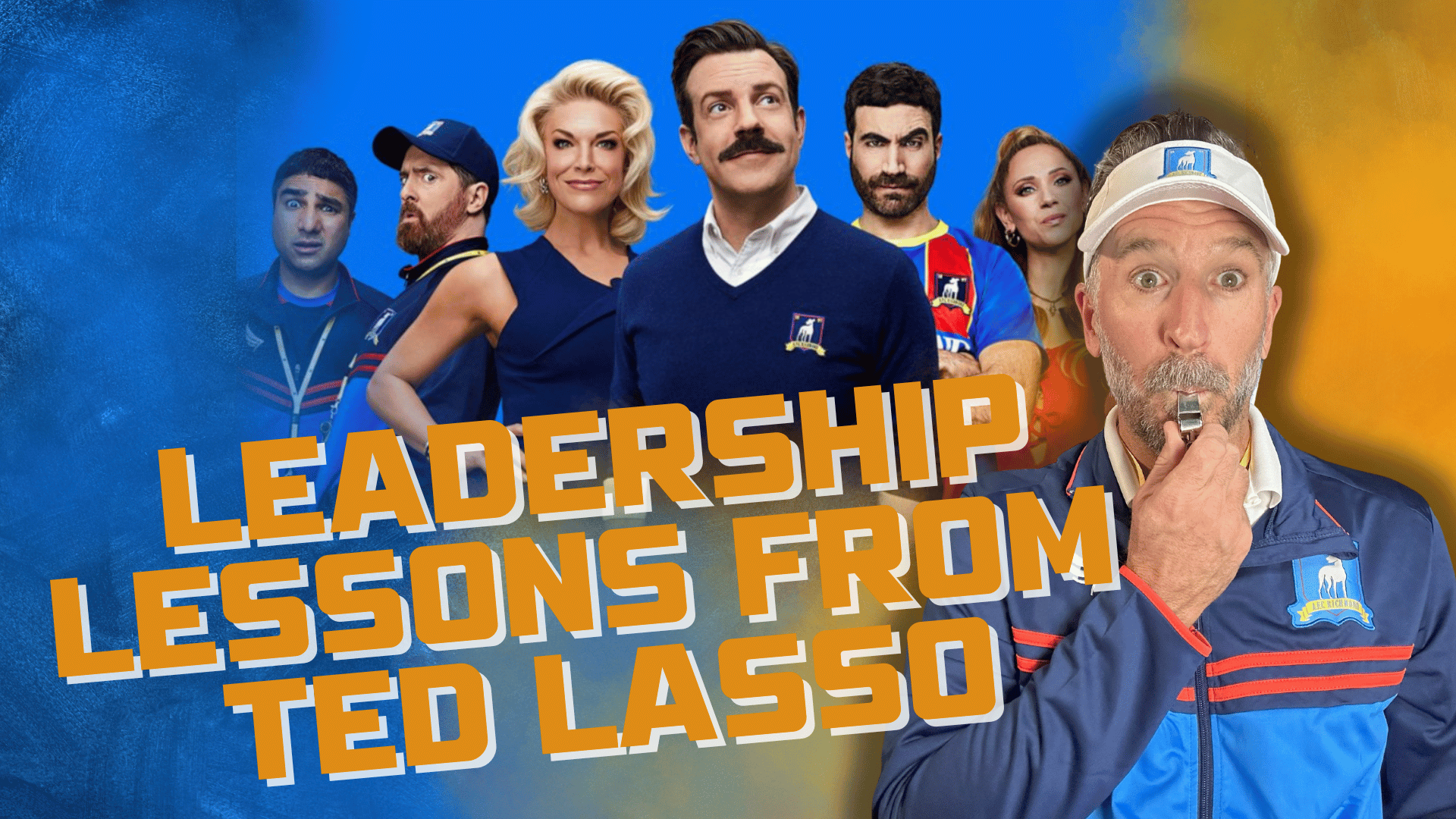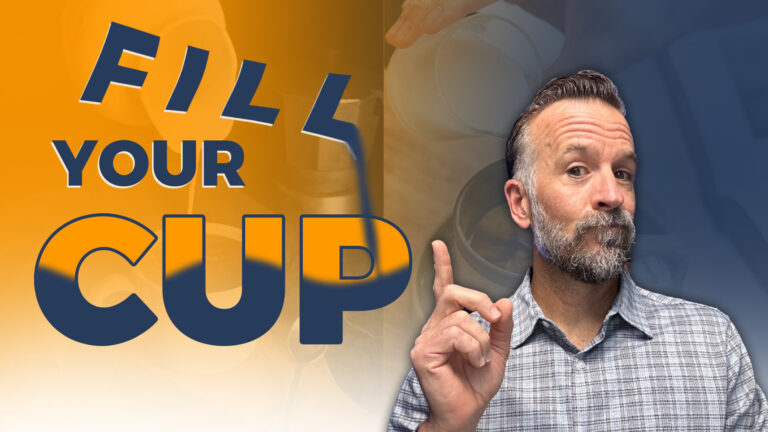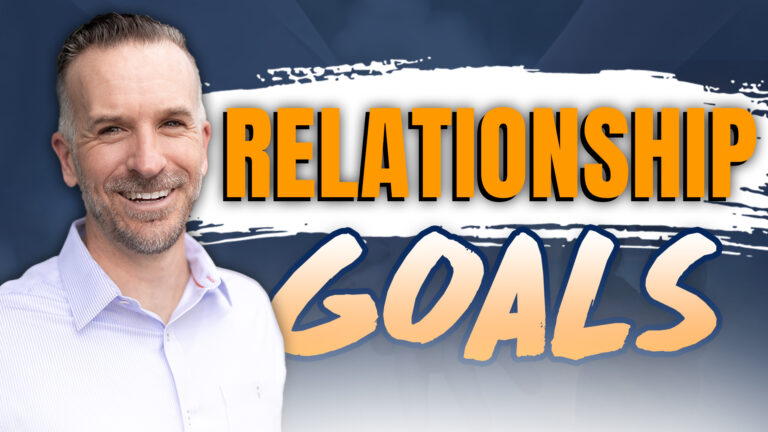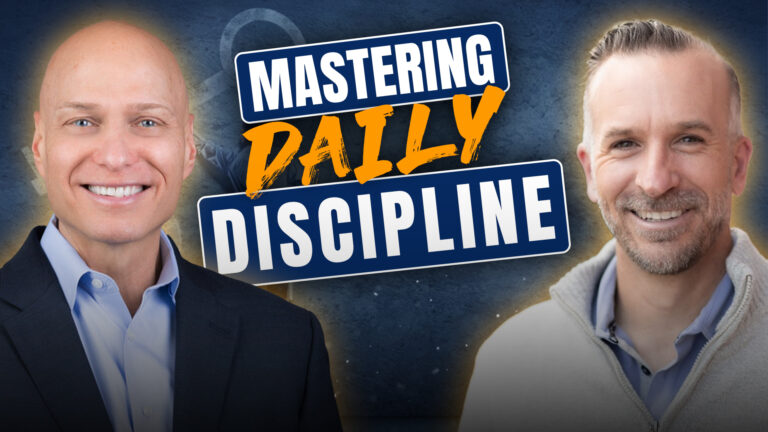Leadership Lessons from Ted Lasso
Are you a fan of Ted Lasso? Or are you looking to improve your leadership skills? In this episode, Adam Hill breaks down the most valuable lessons we can learn from the hit TV show and its lovable mustachioed coach. From helping each player reach their potential to being curious instead of judgmental, Adam analyzes memorable scenes to illustrate tangible ways we can apply these lessons. Whether you’re a manager, coach, or just striving to be a better leader in your own life, this episode is full of insights on bringing out the best in others and your organization. Give it a listen for a fresh perspective on rising above challenges from the one and only Ted Lasso.
Here are some power takeaways from today’s conversation:
- Be curious, not judgmental.
- Success is not about wins and losses.
- Everybody’s far from perfect, even the lead characters.
- Everyone is redeemable, if they’re willing to be redeemed.
- Be a goldfish.
- As leaders, we don’t have to be experts in everything.
- Believing in yourself, your team, and your work is powerful.
Episode Highlights:
[09:36] Be curious, not judgmental.
This scene shows how getting curious about others allows for more understanding beyond initial judgments. It encourages empathy, open-mindedness and moving past fear/confusion. Ted models asking open-ended questions to understand others fully before making assumptions. This builds rapport and allows for personal growth.
[11:32] Success is not about wins and losses, it’s helping each player be their best.
By focusing on the human side of performance, Ted earns player loyalty even during losses. They play freely without fear of failure. This holistic development translates to on-field success over time. This people-first approach builds trust and engagement, allowing the team to eventually succeed together.
[18:12] Everybody’s far from perfect, even the lead characters.
Showing imperfect, flawed characters makes the show authentic and relatable. It also teaches that people are redeemable if willing to learn from mistakes. Leaders who admit mistakes cultivate psychological safety for others to improve.
[18:23] Everyone is redeemable, if they’re willing to be redeemed.
Forgiveness is a learned skill. It allows people a second chance at redemption if they take accountability. When leaders offer second chances, it affirms human dignity and motivates people to do better. The decision to forgive lies with the “forgiver” and their willingness to let go of resentment.
[20:24] Be a goldfish.
Have a short memory and don’t hold onto resentment. Resentment poisons relationships and productivity. Short-term memory of conflicts allows focusing on solutions instead of dwelling in the past. It takes discipline but lightens the load.
[27:28] As leaders, we don’t have to be experts in everything.
Subject matter experts do their jobs best with autonomy. Leaders provide resources and celebrate wins, not micromanage. Team members stay engaged when their opinions are valued. Focus on bringing out the best in expert team members rather than trying to know everything yourself. Trust others’ abilities and provide support for them to shine.
[29:25] The power of believing in yourself, your team, and your work
Even in adversity, believing in a group’s potential keeps spirits lifted. Self-belief and believing in others unleashes hidden talents. Belief drives perseverance even in the face of cynics. It allows teams to achieve more than they ever thought possible.
Resources Mentioned:
Follow Adam…
Sign up for my newsletter and get my free Foundations of Flow Training:
Follow me and turn fear into flow!
IG: @theadamchill
YouTube: @adamchill
TikTok: @theadamchill







